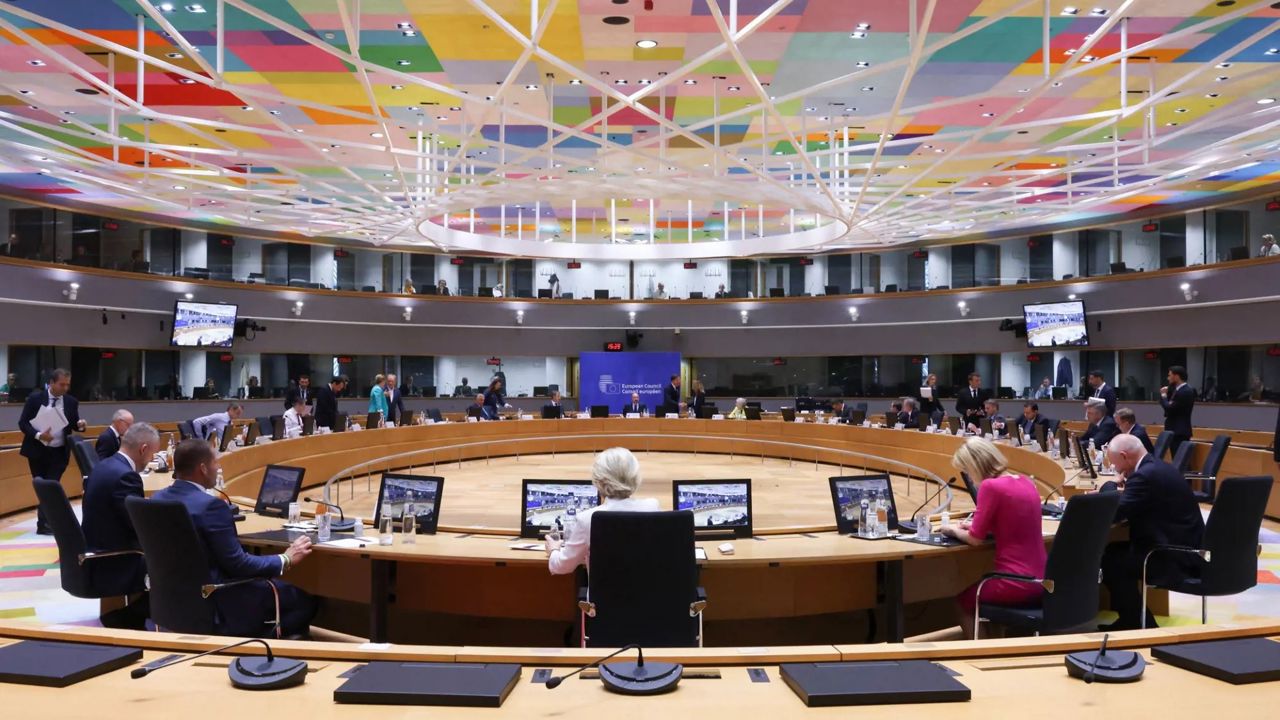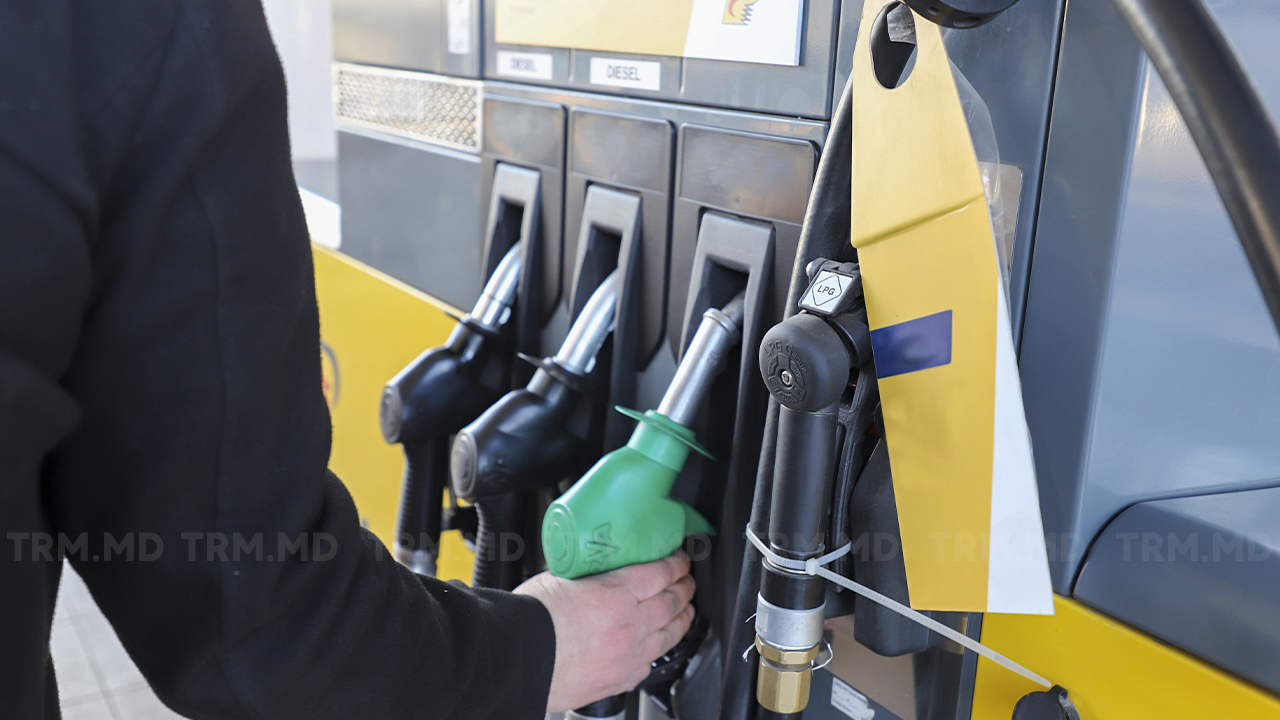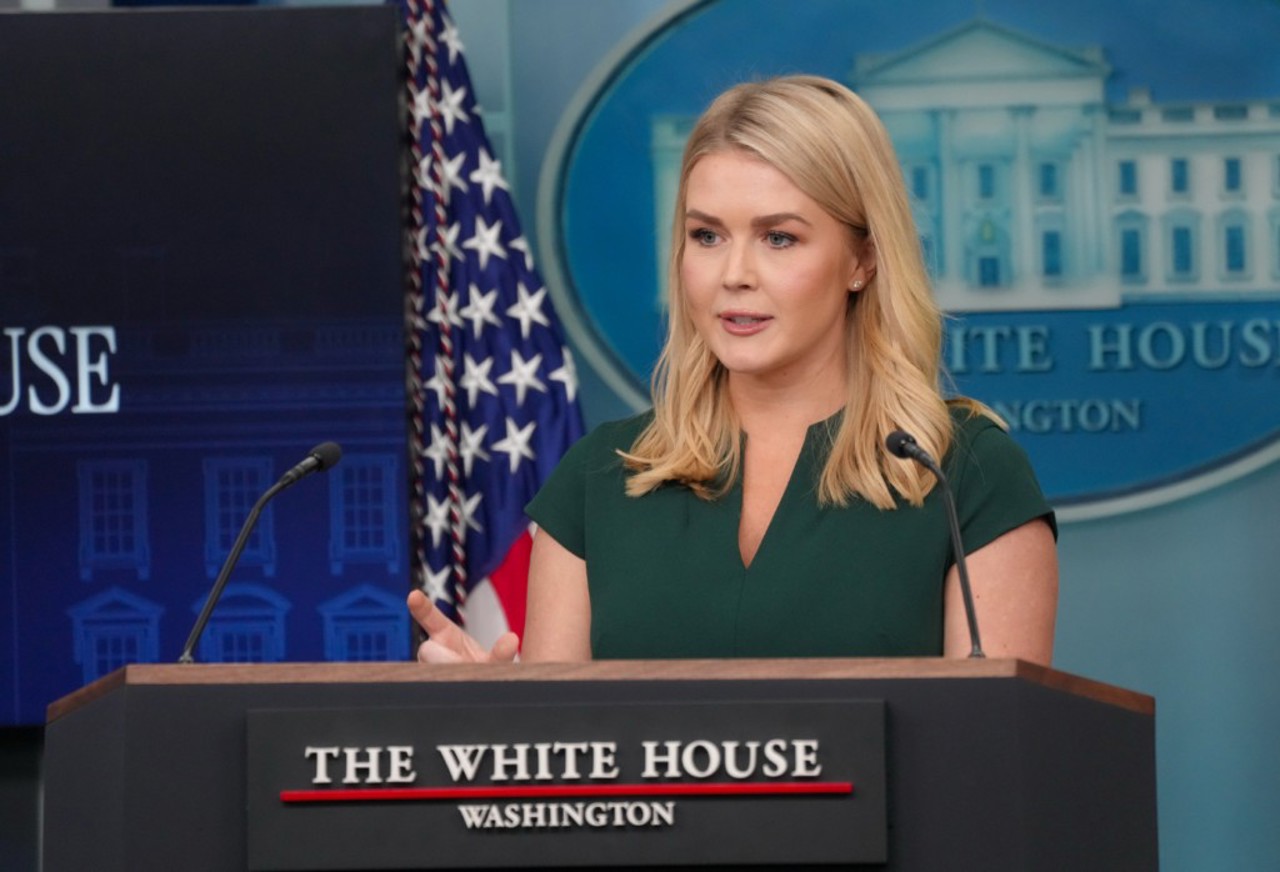EU ministers meet in Brussels amid tensions with Hungary
A special informal meeting of the EU foreign ministers is taking place today in Brussels, followed by a meeting of the 27 EU defence ministers on Friday, the 30th.

The meeting was initially scheduled to be held in Budapest, as Hungary currently holds the rotating EU presidency until the end of the year. However, the majority of EU capitals, encouraged by the EU's chief diplomat Josep Borrell, decided to relocate the meetings to Brussels due to Hungary’s general stance.
Despite being informal, the meetings of the EU foreign and defence ministers on Thursday and Friday (August 29-30) are significant due to the topics on the agenda. Last month, the ministers resolved not to travel to Budapest as originally planned, citing Hungary's alignment with Russia and the ongoing erosion of the rule of law within the country.
Josep Borrell, the EU High Representative for Foreign Affairs, personally informed Hungarian Prime Minister Viktor Orbán last month that member states would boycott the external affairs meeting in Budapest. This meeting is now being held in Brussels in the so-called Gymnich format, a move that Budapest had originally desired to host.
This decision came despite at least ten countries expressing to Borrell that they would not engage in power confrontations with Viktor Orbán. Many critics argued that Borrell was "exaggerating," noting that he is at the end of his term and will be succeeded in the next Commission by former Estonian Prime Minister Kaja Kallas.
The pressure to take such measures intensified after EU countries criticised Hungary and Prime Minister Orbán for "self-declared peace missions" in Ukraine, Russia, and China. Budapest has not clarified whether these missions were conducted as national or EU initiatives.
In Brussels, the ministers will revisit the 6.6 billion EUR military aid package for Ukraine through the European Peace Facility, which Hungary had previously blocked, causing significant tensions at a previous meeting in May.
The meeting will commence with a discussion on Russia's aggression towards Ukraine, featuring the participation of Ukraine’s Foreign Minister, Dmitro Kuleba. The EU foreign ministers will then engage in a luncheon discussion with Turkey’s Foreign Minister, Hakan Fidan, on the current state of EU-Turkey relations and other regional and global issues of mutual interest.
In the afternoon, the focus will shift to the situation in the Middle East, considering the latest escalation of tensions in the region and ongoing efforts to negotiate a ceasefire in Gaza. Sigrid Kaag, the UN Senior Coordinator for Humanitarian Affairs and Reconstruction in Gaza, will join the discussion to provide an update on the humanitarian situation on the ground.
The ministers will also address the political crisis in Venezuela following a decision by the Supreme Court there. Nearly a month after the presidential elections on July 28, Venezuelan authorities have yet to publish or allow independent verification of the official voting records ("actas") from all polling stations.
On Friday, August 30, the informal meeting of the EU defence ministers will begin with an update on developments from the Ukrainian Ministry of Defense. The ministers will review progress in providing military support to Ukraine, discuss the European Union Military Assistance Mission for Ukraine (EUMAM), and assess the mobilisation of revenues from frozen Russian assets ("extraordinary profits") for military equipment. They will also consider member state-led initiatives and continue cooperation with NATO, in light of the outcomes of the Washington Summit.
Author: Dan Alexe
Translation by Iurie Tataru




